The world is eerily quiet.
Car traffic, jet travel, institutions of all types, and commerce in general are all in uncharacteristic repose. Much of the machinery of the world has ground to a halt, while our medical systems are in overdrive.
For those who weren’t already clear on the fact that we are all in this together, this global pandemic – in which absolutely nobody is safe – might be the perfect teacher.
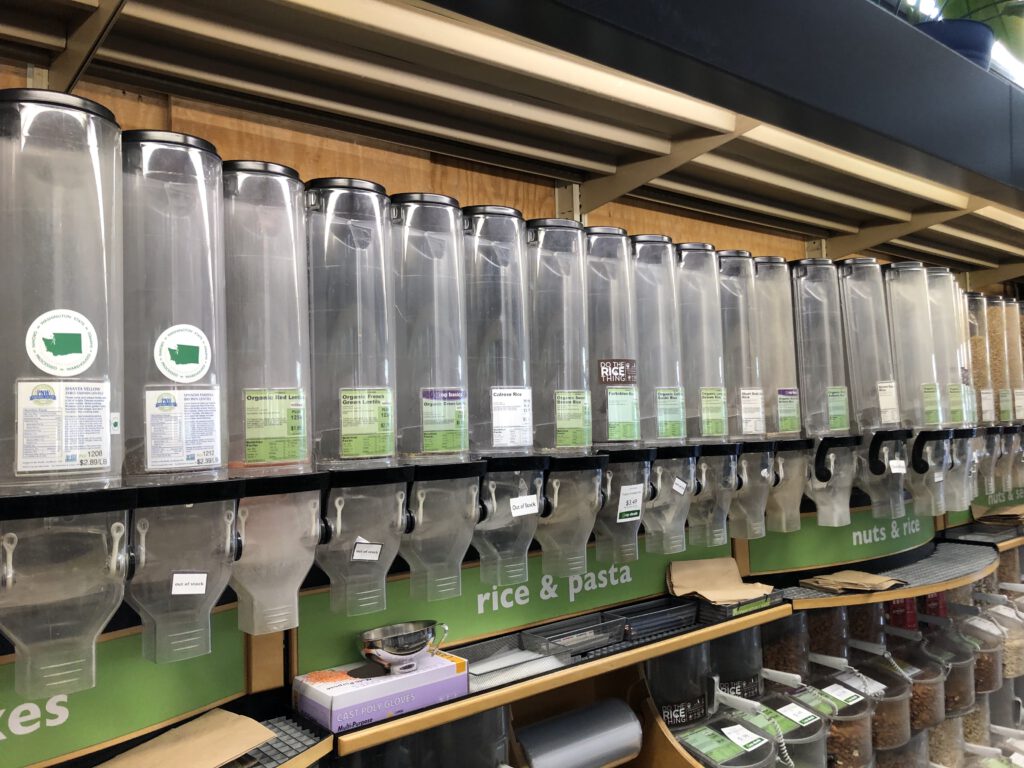
This may be the most powerful teachable moment in modern history.
(Teachable moment: A time at which learning is potentiated. A circumstance presented by the world that offers a special opportunity for insight. A chance to make change.)
Clearly our society does not operate as if we are all in this together. While everyone is subject to the coronavirus, the shameful inequities in our health care system mean that while some are well cared for, while others will go bankrupt or die. Millions who lack sufficient savings are being hard hit by something they had no choice about.
Fairness has never been a predominant priority in our society. Nor has anything resembling a comprehensive health care system. Government aid often benefits businesses more than citizens.
What could better bring these inequities to the forefront than a pandemic?
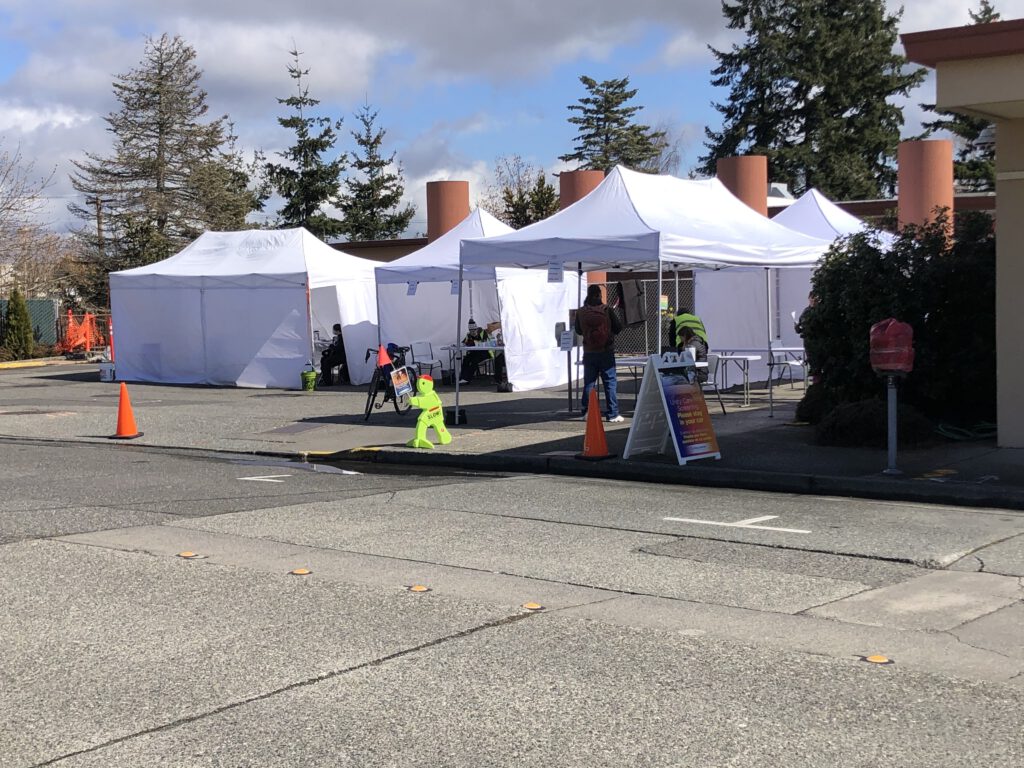
There is more to this current crisis than politics. It is a human tragedy. Families are losing loved ones. The paychecks that keep many workers afloat aren’t arriving. Health care professionals are both stretched and at elevated risk. Critical supplies are lacking.
In the midst of a crisis, those hardest hit struggle for simple survival. Yet there are millions of creative and capable people idled – but not disabled – by the virus. No doubt this is a great time to catch up on reading, finish projects, clean the house. But what if we somehow put our brains to work to create a new set of norms? What if a new and better normal rose out of the disarray of our economy?
Many of us are already working to establish new norms. We have activists to thank for nearly every freedom and benefit that modern society offers us… yet there is still a vast separation between the current world and one manifesting equity and sustainability. I suggest we spend some of our quarantine time addressing this separation.
My fellow climate activists are rightly asking why the climate collapse hasn’t gotten the same worldwide attention as the COVID-19 virus. Both are urgent and life-threatening global crises. The key difference lies in urgency. The COVID virus is in your face – literally. We can’t postpone addressing the pandemic the way we can the climate. Unfortunately, long-range thinking – like fairness and comprehensive health care – has never been our priority.
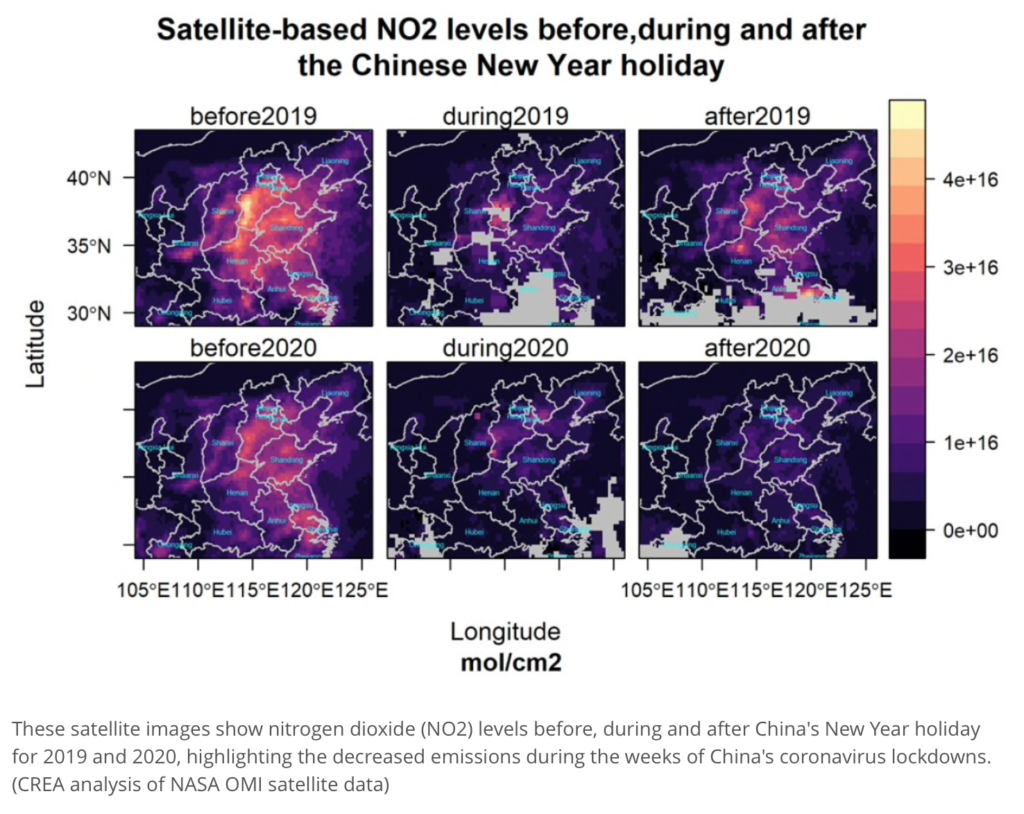
There are interesting overlaps between the pandemic and the climate crisis. Reduced economic activity means reduced emissions, which is, well, like a breath of fresh air. Plummeting oil prices may tempt people to use more fuel… but they also help to undermine the return on petrochemical investment. Getting jets out of the air substantially reduces our carbon output. Since we already have overwhelming reasons to wean ourselves from fossil fuels, perhaps this shutdown can accelerate our overdue shift to renewables.
Thus the teachable moment: It is possible for the post COVID-19 world to chug back into motion and simply fall back into its former patterns. But another world is possible.
Educators have always known that changing a pattern is the first – and often hardest – step toward meaningful change. This pandemic has handed us a massive change in pattern without us having to work for it.
The question is what we will do with it. Will we hunker down once we’ve stocked up on toilet paper and ammo? Or will we do what my neighbor did: She put out the message that she was healthy with a car and free time, offering to run errands for anyone who needed help. Others are gearing up to sew homemade protective masks. A local distiller is offering free hand sanitizer made from their alcohol. This crisis offers us the chance to act upon our values in the near term, while working to manifest those values throughout our society when we finally climb out of the COVID-19 hole.
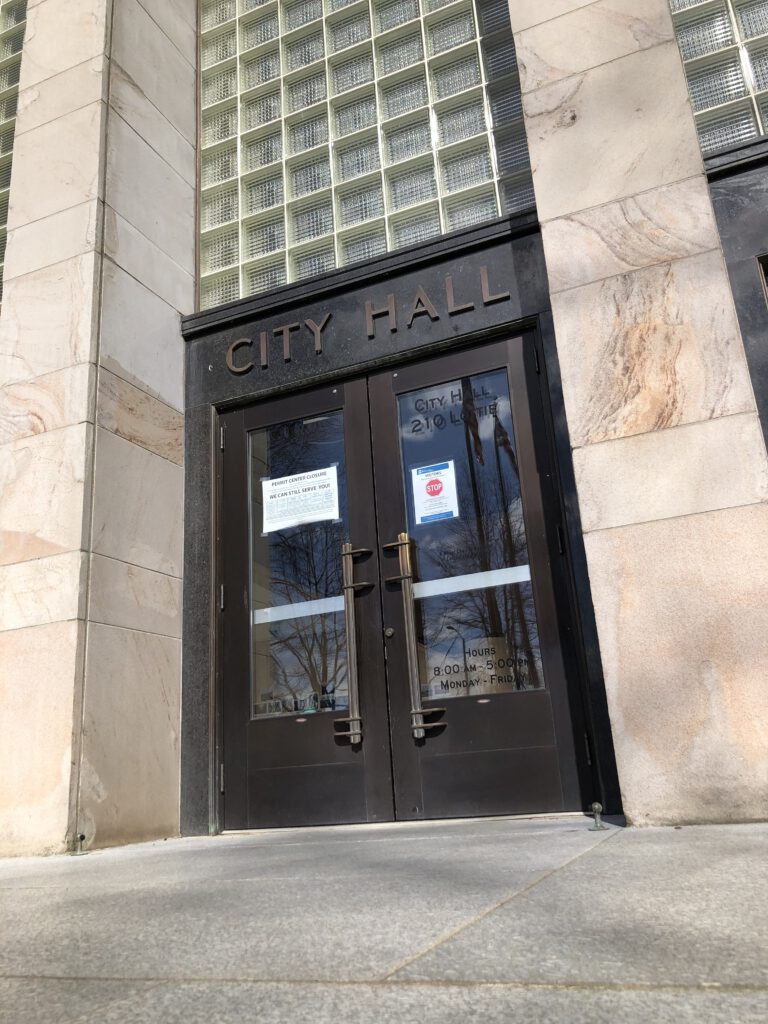
Helpfully, for once, we don’t face a glut of too many things happening at once. I had two events scheduled this weekend I was trying to choose between, before both were cancelled. The pace of life has slowed. Nobody has to fear missing out, since there is nothing going on to miss. People are out in the streets, going for walks and bike rides, and enjoying the onset of Spring. As I amble about, there seems to be a level of grace and warmth between neighbors that goes beyond the norm.
I’ve talked with a few of the folks in my ‘hood. We’ve shared some ideas. Since change is fueled by collective vision, I suggest that all of us start small and locally to envision the world we want to see in the wake of the pandemic. Talk with your family, your neighbors, and friends. Pick a few things you’d like to see different and begin building consensus on how to make those changes take root.
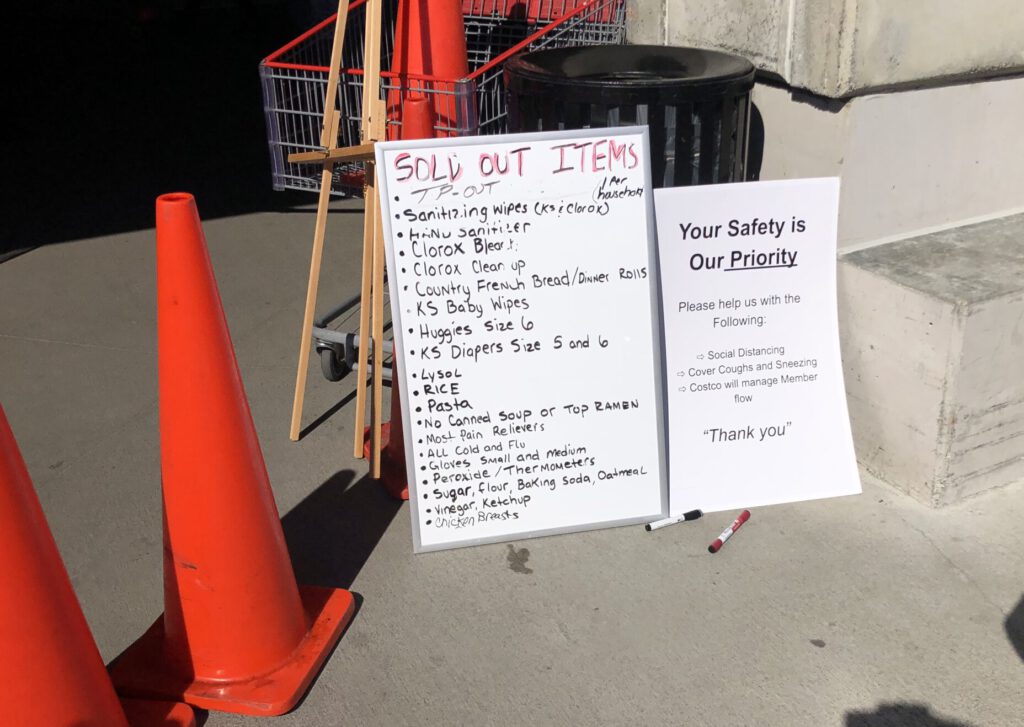
I’m reminded of the eighteenth-century “Committees of Correspondence” that formed to dismantle the tyranny of the British and outline what became the United States. Small, far-flung individuals and groups exchanged letters articulating a vision for a new, independent state. We are in similar straits now; our need is to lay the groundwork for an America free from corporate rule.
Collective vision has a power that cannot readily be measured. Can we formulate the equitable economy, the universal health care, and the sustainable practices that the world is so clearly calling for? I believe we can.
The world is quiet.
But instead letting it be an eerie quiet, let’s make this the quiet of change being incubated!
- Check in with your neighbors! Make sure those around you have what they need.
- Pick a social change cause and commit to working on it over the next year or two.
- Bake things to save or give away. Make the kitchen your lab for health and healing.
- Learn a new song or poem. Keep your creativity alive; let the muse sustain you.
- Study a wild plant and watch its growth during your sequestration. Get closer to nature.
- Have conversations about what you can do in your community to increase social justice.
- Develop a new skill. Be a more capable person when the pandemic is over.
- Identify ten ways you can permanently reduce your carbon footprint, starting now.
- Work with your kids to study a topic that interests them. This time will be remembered.
- Contact your elected officials to advocate for something you think is important.
- Plant a garden, repair clothes and tools, exercise. Increase your self-sufficiency.
- Make “new year’s resolutions” for how to live, work, or travel differently after the pandemic.
What would you add to this list?
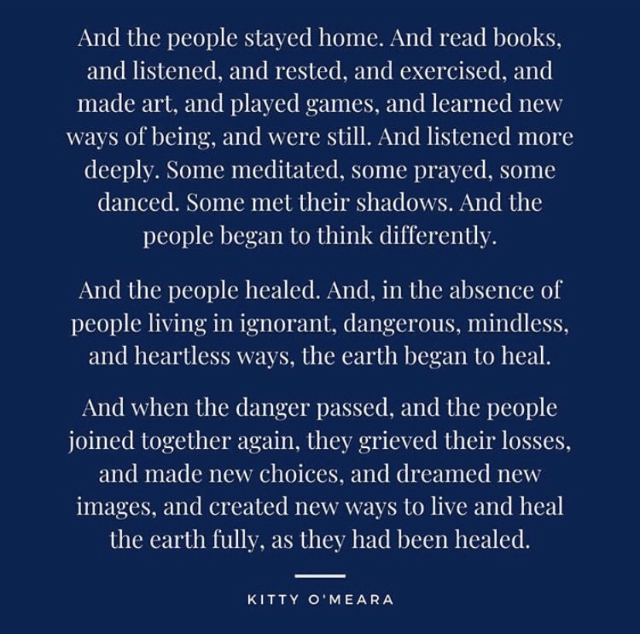
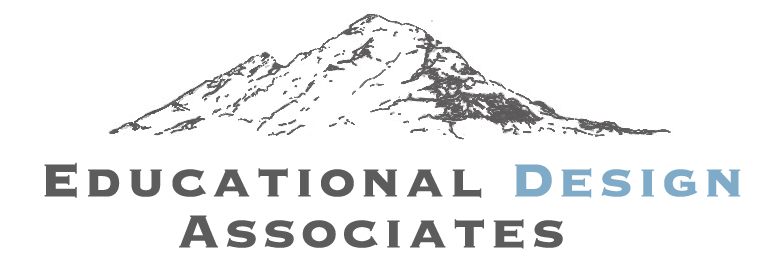
Great blog — thanks for sharing.
This is my favorite part and exactly where my mind is these days: “I’m reminded of the eighteenth-century “Committees of Correspondence” that formed to dismantle the tyranny of the British and outline what became the United States. Small, far-flung individuals and groups exchanged letters articulating a vision for a new, independent state. We are in similar straits now; our need is to lay the groundwork for an America free from corporate rule.”
There is such opportunity in this moment!
Thanks, Susan, for your response. Part of what intrigues me about this idea is that, in an era when we are in contact with people all the time, much of that communication is cursory or superficial. In the exchange of longer, more thoughtful letters (which were historically written out longhand and delivered via slow mail) we might be able to connect in a different way and be able to build a shared vision. Doing so might just be revolutionary!
Thanks Daniel. This piece really resonates with the overall community spirit being expressed on Galiano Island, though I think there is a reciprocal tendency to “retreat” within with self-isolation practices. For many, this is indeed an important time of respite, for self-nurturance and self-care. (I managed to get my thesis done in the midst of it…).
One of the tragic aspects of the crisis, given the widespread inequality in society, is that not everyone is in the best position to act in a selfless way, to support philanthropic causes, or even to check in on their neighbours. One hopes that these desperate times might call folks together in response to matters of social and environmental justice, but economic pressures are also contributing to the opposite effect, as you point out in this piece. Some may even experience shame in accepting charity, because of the norms around independence and self sufficiency in our society. I wonder whether the republican attitude toward health-care remains the same in the midst of this?? (this question is an indication that I haven’t been paying much attention to US politics lately.)
Another aspect of this crisis that I have been contemplating is the question of what constitutes the “essential”. Of course, the issues dominating society today are mostly humanitarian, which is not necessarily much different than before—though it has reached a new pitch. Meanwhile, although there may be many side-effects of benefit for the environment, the prevailing atmosphere is not quite as hospitable to environmentalism. Another eerie quiet seems to have seeped in with respect to matters indigenous rights, which were at the forefront of our attention before this crisis. The sudden quiet around these issues seem to suggest that matters of social and environmental justice may be secondary in the order of priorities for many people.
In short, I take heed to your clarion call (it helps that I have just finished up my thesis…), but wonder about the potential for us all to unite, given the disparities and privileges that continue to divide us in this crisis.
Thanks, Andrew, for your thoughts! I especially like your query about what is really “essential.” It seems like at times like this we tend to find it easier to focus on essentials — family, health, closeness to nature, helping others — and we’re less prone to narcissism. At least that is my perspective. Yet indeed we need to stay aware of the bigger picture; Indigenous rights, indeed are faring no better under the pandemic than they were before. And people of color are more likely to be victims of coronavirus than anglos, just as they are less likely to have good health care. So let’s work on the unity piece, but stay focused on the long term changes we’d like to see.